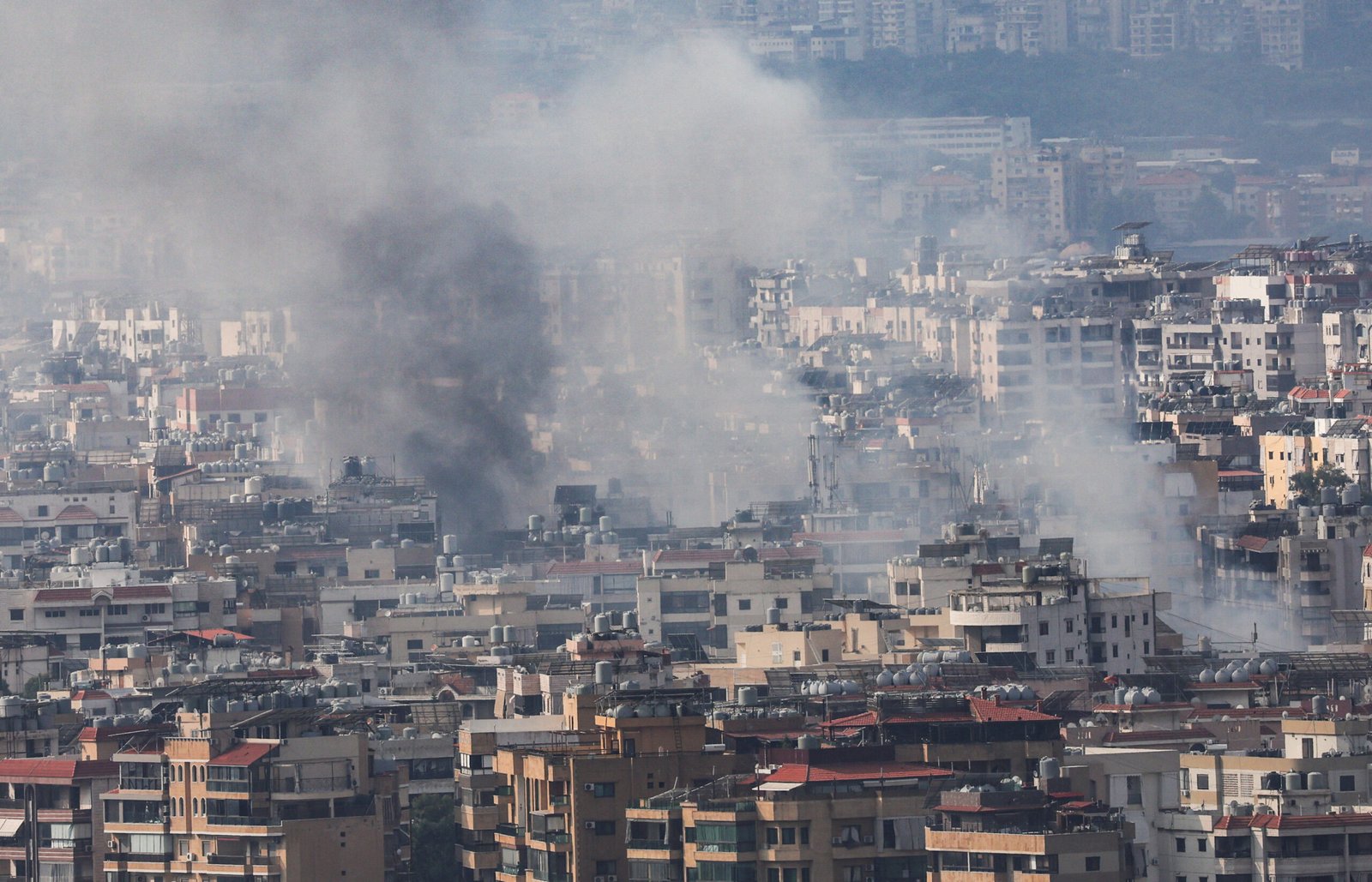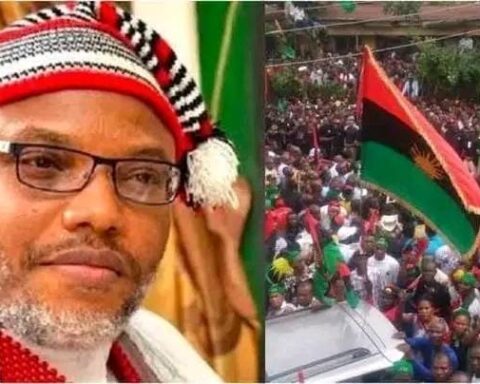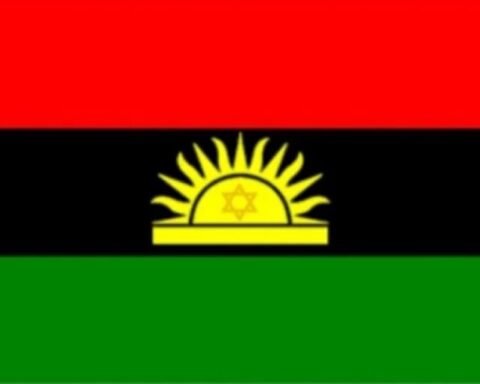Hezbollah fired rockets at Israel’s third largest city Haifa today (Monday, October 7) as Israeli forces looked poised to expand ground raids into south Lebanon on the first anniversary of the Gaza war, which has spread conflict across the Middle East.
Iran-backed Hezbollah, an ally of Hamas, the Palestinian militant group fighting Israel in Gaza, said it targeted a military base south of Haifa with “Fadi 1” missiles and launched another strike on Tiberias, 65 km (40 miles) away.
Hezbollah said it targeted areas north of Haifa in a second salvo of missiles later in the day. Israel’s military said around 135 projectiles had entered Israeli territory on Monday as of 5 p.m. (1400 GMT). Ten people were reported injured in the Haifa area and two others further south in central Israel.
An Israeli military statement said five rockets were launched towards Haifa, also a major Mediterranean port, from Lebanon and interceptors were fired at them. “Fallen projectiles were identified in the area. The incident is under review.”
It said 15 other rockets were fired inland at Tiberias in Israel’s northern Galilee region, some of which were shot down. Israel media said five more rockets hit the Tiberias area later.
Israel also intercepted two drones launched early on Monday from the east after sirens blared in the central areas of Rishon Lezion and Palmachim, the military said.
Hamas, which triggered the Gaza war with a surprise attack on Israel a year ago, meanwhile targeted Israel’s commercial capital Tel Aviv with a missile salvo, the group said, setting off sirens in central areas of the country.
The military said the air force was carrying out extensive bombings of Hezbollah targets in south Lebanon, and that two Israeli soldiers were killed in border-area combat, taking the military death toll inside Lebanon so far to 11. It said it also carried out a targeted strike in Beirut’s southern suburbs, where a thick plume of smoke could be seen.
Lebanon’s health ministry said 10 firefighters were killed in an Israeli airstrike on a municipal building in the border-area town of Bint Jbeil, and that other aerial attacks on Sunday killed 22 people in a swathe of southern and eastern towns.
The spiralling conflict has raised concerns that the United States, Israel’s superpower ally, and Iran will be sucked into a wider war in the oil-producing Middle East. Iran launched a barrage of missiles at Israel on Oct. 1. Israel has said it will retaliate and is weighing its options. One possible target is Iran’s oil facilities.
Many Israelis have regained confidence in their long vaunted military and intelligence apparatus after a series of deadly blows to the command structure of Hezbollah, Iran’s most formidable Middle East proxy force, in Lebanon in recent weeks.
“Our counterattack on our enemies in Iran’s axis of evil is necessary for securing our future and ensuring our security,” Israeli Prime Minister Benjamin Netanyahu said at a special cabinet meeting in Jerusalem marking the Gaza war anniversary.
“We are changing the security reality in our region, for our children’s sake, for our future, to ensure that what happened on Oct. 7 does not happen again,” Netanyahu said. Beirut’s densely populated southern suburbs were again pounded by airstrikes overnight as Israel extended an aerial campaign on the area where Hezbollah has its headquarters.
Israel accuses the militant Shi’ite Muslim movement of deliberately embedding its command centres and weaponry beneath residential buildings in the heart of Beirut. Hezbollah denies storing weapons among civilians.
Israeli airstrikes have displaced 1.2 million people in Lebanon and as the bombing campaign intensifies, many are afraid their country will face the vast scale of destruction wrought on Gaza by Israel’s air and ground onslaught there.



























